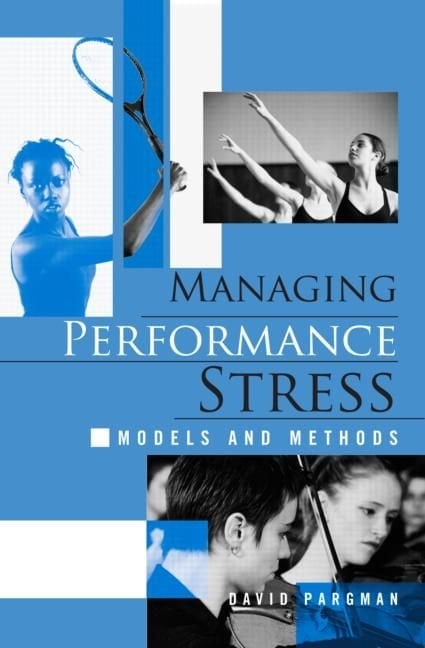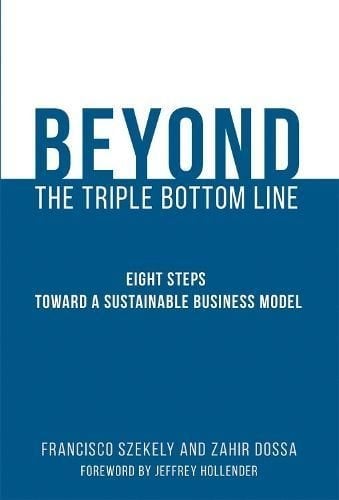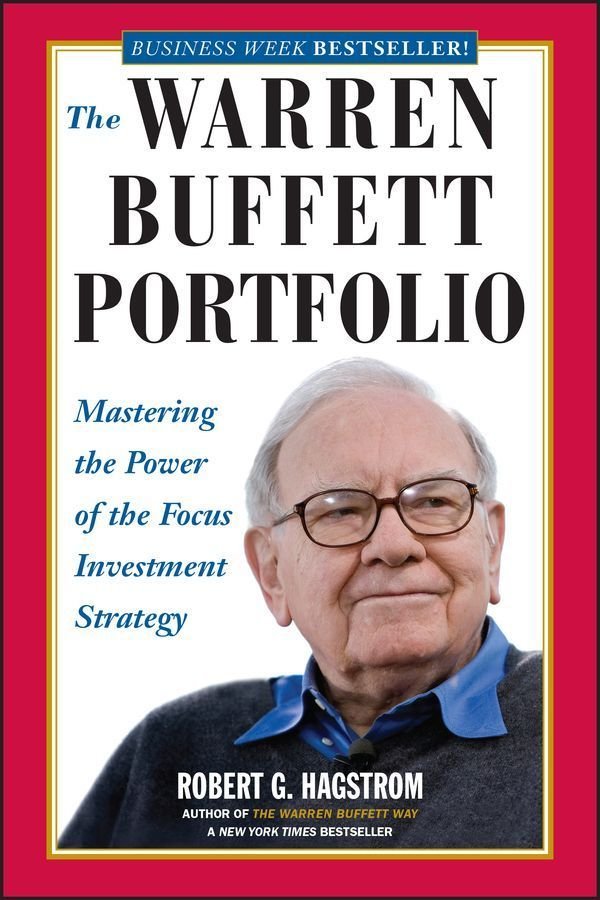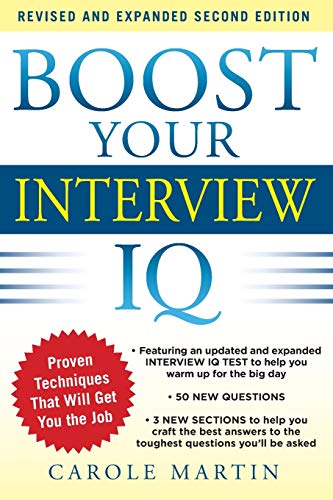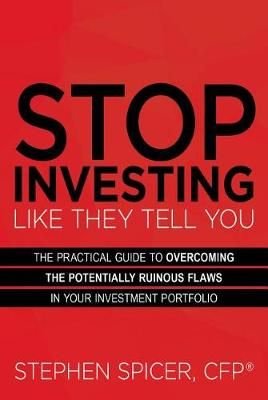Over the past 16 years, new theories and models have emerged in the stress and anxiety knowledge base regarding the unique forms associated with performance. Existing theories have been applied in creative and helpful ways to better explicate relationships between stress and anxiety with performance. Recently, more sophisticated statistical strategies have been applied to data collected with performers, and additional, safe and expedient strategies for managing stress and anxiety have surfaced. Despite these new advances, the field has been lacking an up-to-date and practical text for undergraduate and graduate students in performing or performance-mentoring programs. Managing Performance Stress examines psychological and psychophysiological models and theories that explain causes of anxiety and stress. An easy-to-use reference work for athletes, musicians, dancers and actors as well as those who devise and conduct their training programs, the book presents exercises, coaching devices, and strategies for conquering stress and anxiety. It is an invaluable resource for those who are performers, will be performers, or who are preparing to mentor, coach or teach performers. The principles enunciated in Managing Performance Stress apply equally to the musician holding an oboe and the athlete holding a baseball bat. The issues explored and the theories, principles, models, hypotheses discussed all bear upon and clarify arousal, stress and anxiety related to artistic and sport performance, irrespective of its kind.
